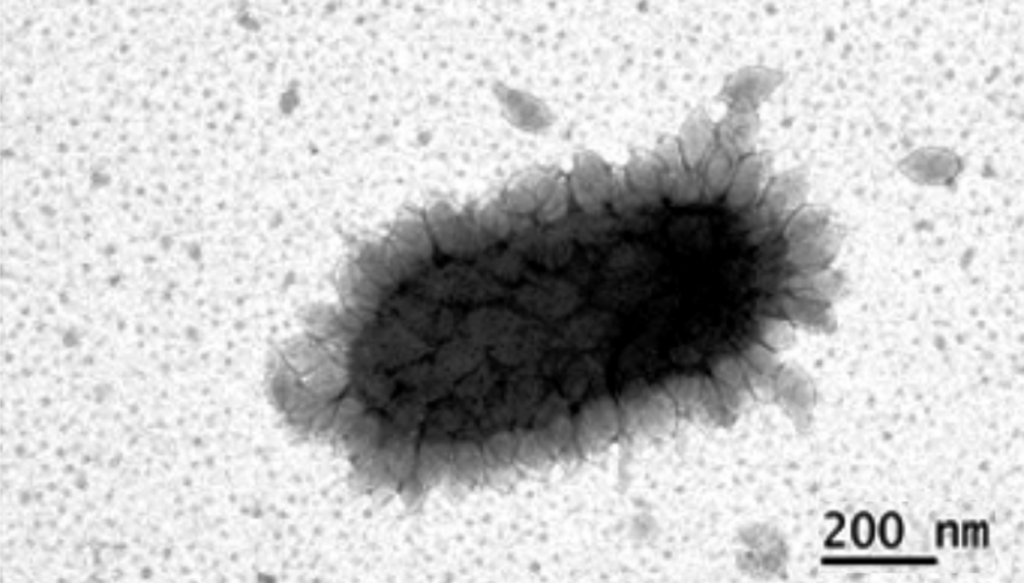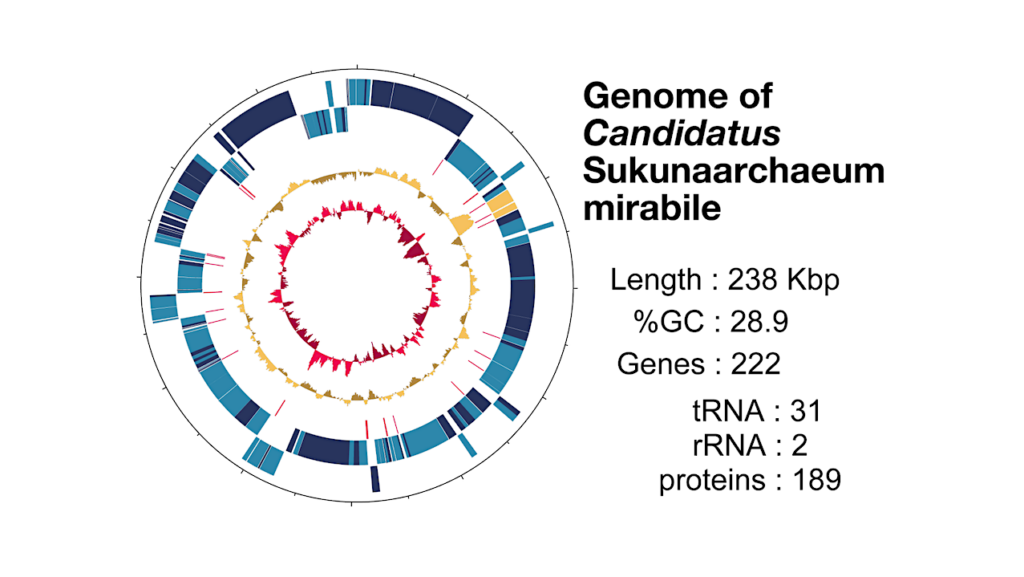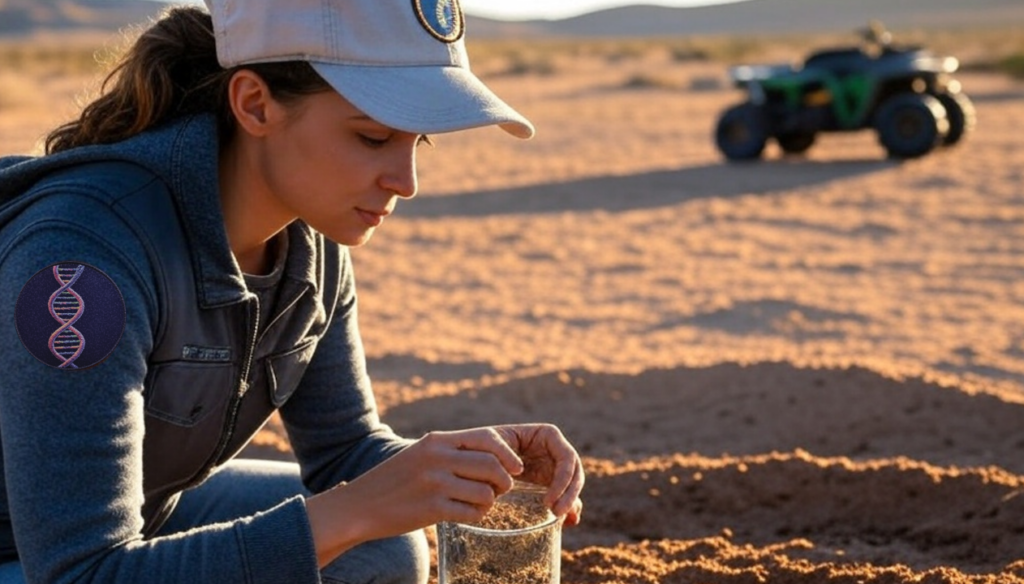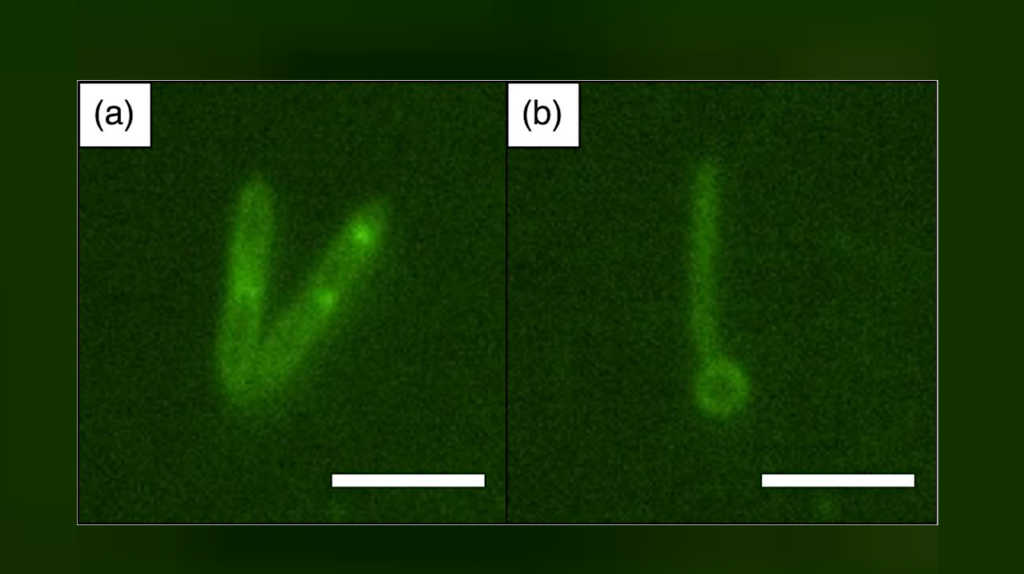Bacteria On The International Space Station Are No More Dangerous Than Earthbound Strains

Two particularly tenacious species of bacteria have colonized the potable water dispenser aboard the International Space Station (ISS), but a new study suggests that they are no more dangerous than closely related strains on Earth.
Aubrie O’Rourke of the J. Craig Venter Institute and colleagues report these findings in a new paper published February 19, 2020 in the open-access journal PLOS ONE.
Shortly after the National Aeronautics and Space Administration (NASA) installed the water dispenser aboard the ISS in 2009, periodic sampling showed that two bacteria, Burkholderia cepacia and later on, Burkholderia contaminans were contaminating the drinking water. These microbes belong to a group of related Burkholderia species that cause opportunistic lung infections in people with underlying health conditions and are very difficult to kill using common sterilization techniques. The bacteria have persisted in the water dispenser despite periodic flushing with an extra-strength iodine cleaning solution.
To learn more about these bacteria, researchers sequenced the genomes of 24 strains collected from 2010 to 2014. All of the B. cepacia and B. contaminans strains were highly similar, and likely descended from original populations of these two bacteria that were present in the water dispenser when it left Earth.
The researchers conclude that the two bacterial species living within the dispenser are no more dangerous than similar strains that might be encountered on Earth. In the event of an infection, the bacteria can still be treated with common antibiotics.
The authors add: “Within each species, the 19 B. cepacia and 5 B. contaminans recovered from the ISS were highly similar on a whole genome scale, suggesting each population may have stemmed from two distinct founding strains. The differences that can be observed among the isolates of the same species are primarily located within putative plasmids. We find that the populations of Burkholderia present in the ISS PWS are likely are not more virulent than those that might be encountered on planet, as they maintain a baseline ability to lyse macrophage, but remain susceptible to clinically used antibiotics.”
Citation: O’Rourke A, Lee MD, Nierman WC, Everroad RC, Dupont CL (2020) Genomic and phenotypic characterization of Burkholderia isolates from the potable water system of the International Space Station, PLoS ONE 15(2): e0227152. https://doi.org/10.1371/journal.pone.0227152
Funding: Aubrie O’Rourke was funded by NASA Space Biology under grant 80NSSC17K0035. Michael D. Lee was funded by NASA Space Biology under grant NNH16ZTT001N-MOBE. Chris L. Dupont was funded by the NASA Astrobiology Institute Alternative Earths. The funders had no role in study design, data collection and analysis, decision to publish, or preparation of the manuscript.
Astrobiology








